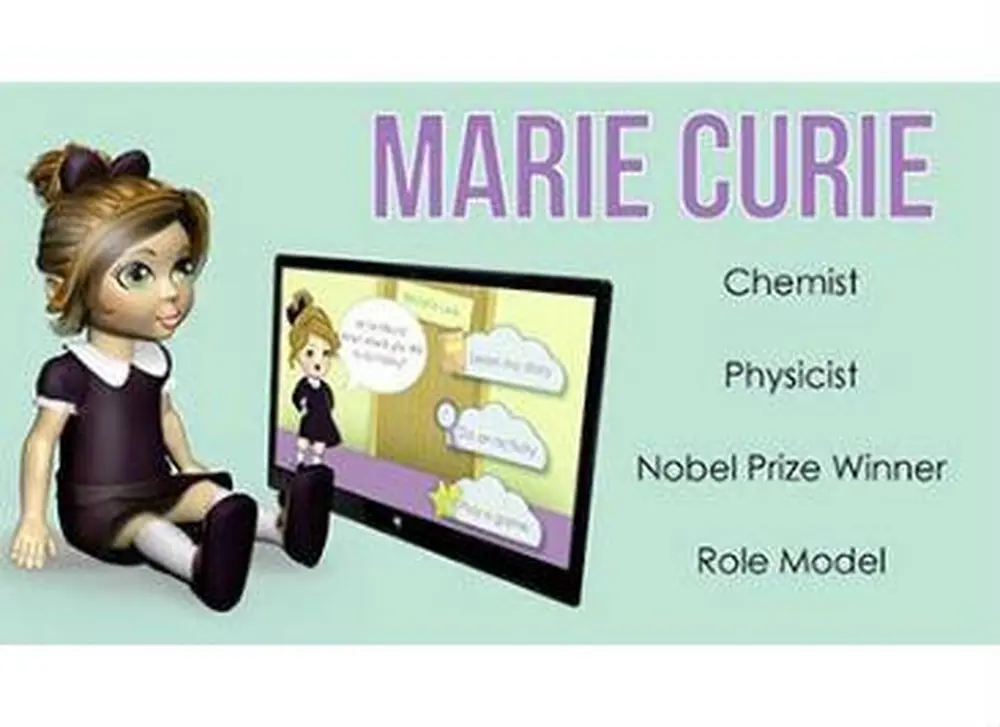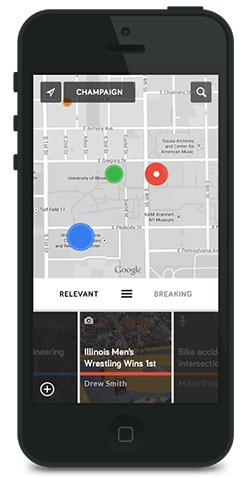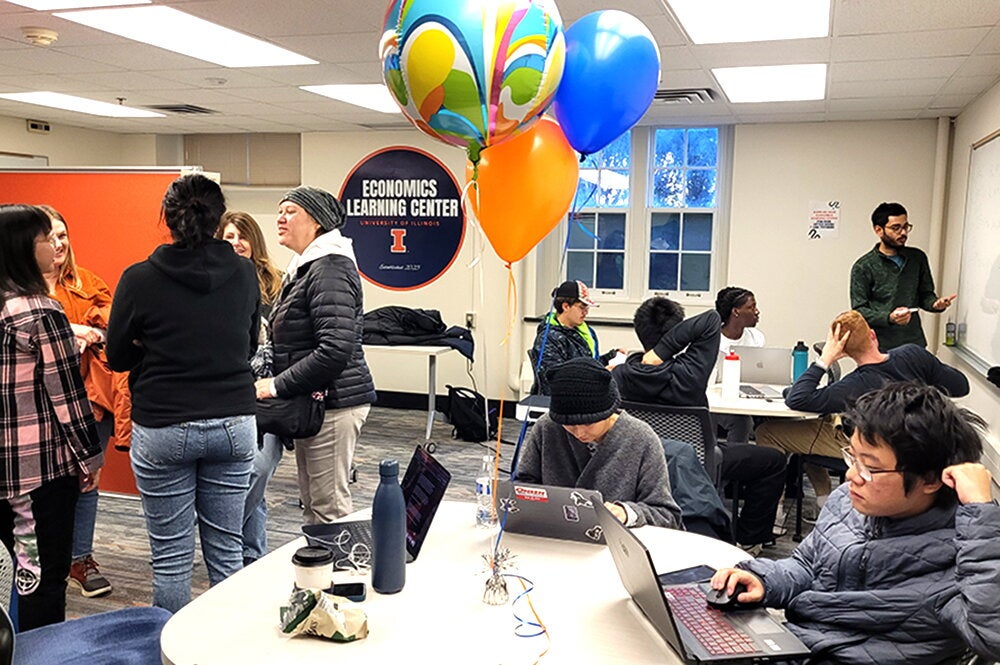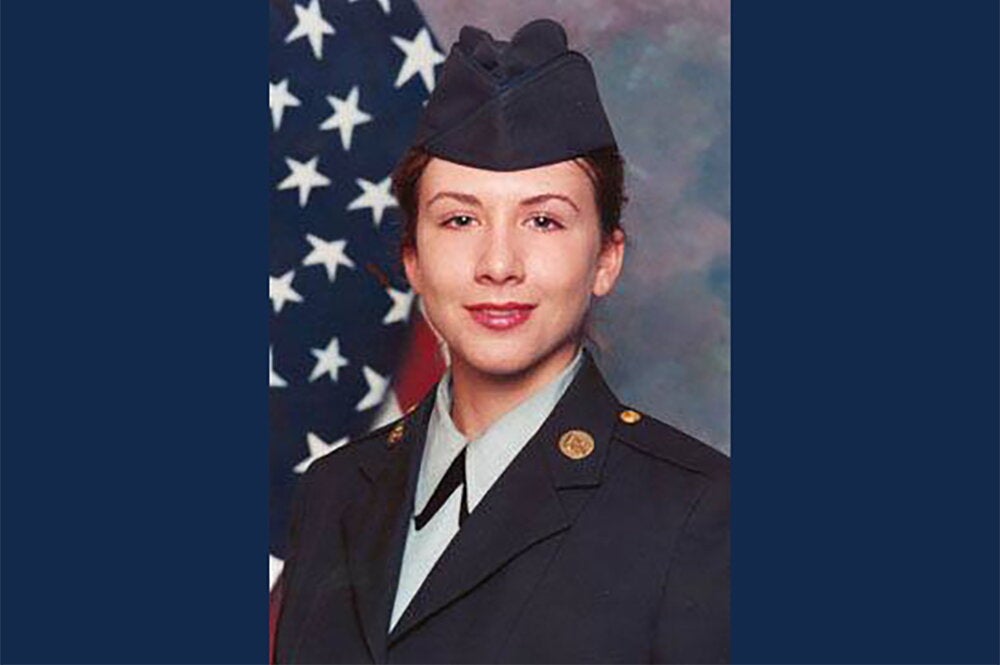

A little bit of support can go a long way, as demonstrated by a pair of exciting student success stories coming out of campus this fall. Both recipients of the first annual College of LAS Cook Award for Entrepreneurship and Innovation, awarded last spring, are taking their products and ideas to the marketplace—and one of them has already gained nationwide press.
Supriya Hobbs (BS ’14, chemical engineering) and Janna Eaves, an undergraduate in the Grainger College of Engineering, met through the Innovation Living-Learning Community at Illinois Street Resident Halls. Struck by the scarcity of women in their engineering classes, they began thinking of ways to attract more females to science and related fields.
By now you may have heard of their idea. It’s a start-up called Miss Possible, which will be manufacturing and selling 14-inch dolls portraying prominent females in science. Many media outlets caught wind of it last summer, and stories appeared on NPR, the Chicago Tribune, and elsewhere as interest mounted. As of late September, Miss Possible (bemisspossible.com) had orders for 1,500 dolls, with plans to ship them in January.
The first doll will portray Nobel laureate physicist and chemist Marie Curie, with plans in the works for dolls portraying Bessie Coleman, the first African American female pilot, and Ada Lovelace, known as the world’s first computer programmer for her work on an analytic engine during the 19th century.
The idea of dolls occurred to Hobbs and Eaves as they volunteered at local schools.
“We started to care a lot about how to get kids, and especially girls, into engineering because we noticed that there weren’t that many other women in our classes,” says Hobbs, now an engineer at Eli Lilly who runs Miss Possible in her spare time. “It was really when we started thinking about this problem from a business perspective and from the perspective of entrepreneurs that the idea for Miss Possible came about.”
Instrumental to their success was the Cook Award, created by Douglas Cook (BA ’89, speech communication), owner and president of Feldco, a successful siding and door company, to encourage future entrepreneurs. Hobbs and Eaves used their $10,000 Cook Award to hire people and develop a prototype to pitch their idea to manufacturers. Once off the ground, they then launched an Indiegogo campaign last summer which brought in another $85,000 to the cause.
“The money from the Cook Award let us get there,” Hobbs says.

The second Cook Award went to Michael Ochoa, a senior in sociology, and his colleagues for their project, Nooz, a crowdsourced mobile news application. Ochoa describes it as an independent news network that is entirely run by the community.
The project recently reached the beta stage—that is, testing with real-world users—but Ochoa describes the app as a place where users can report news, which is depicted as a “bubble” on a map that portrays the topic and level of interest. It’s a new form of providing news, he says.
“When you pick up a newspaper, you see headlines,” Ochoa says. “With Nooz, you see a map where every story is geolocated. All the content in terms of audio, a photo, and a visual that a person submits will appear on the map. Other people will vote and comment on your story. From that point, your geolocated point begins as a bubble. Depending what the community thinks of your story, the bubble will increase or decrease in size.... It’s instantaneous, it’s dynamic, and it always adapts to community’s opinion.”
Their idea won second place, meaning that they received a $5,000 Cook Award. Ochoa says they used the money to set up their business and legal infrastructure. Not only did it cover the cost of an expensive step, but the fact that they won the award was worth something, too.
“Mainly it gave us credibility,” Ochoa says. “So when others heard of our idea, we ended up getting other investors as well. In that sense, it was a stamp of approval saying, ‘You guys are here, you’re ready to play.’”
Karen Carney, associate dean for academic programs in the College of LAS, says they are gearing up for the second annual Cook Awards. Miss Possible and Nooz demonstrated exactly what the award is intended for: College of LAS students turning an idea into something real.
“Basically those funds are to be used to advance the proposals from the idea stage into implementation,” she says. “It’s seed money, and most applicants will need to do other kinds of fundraising to launch their idea, but that’s what the Cook Award is focused on.”


